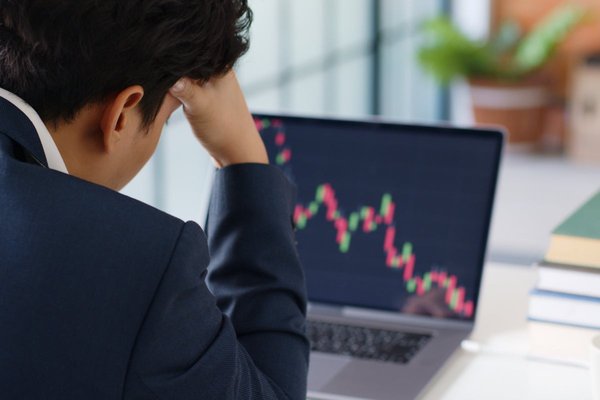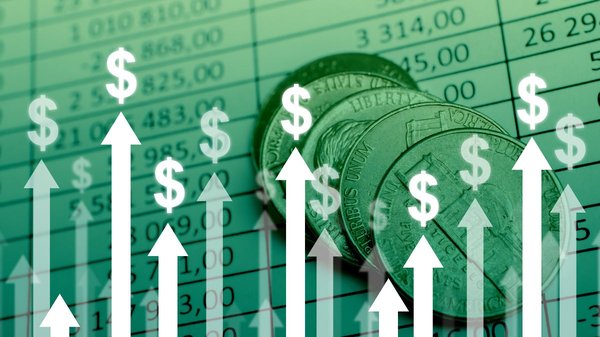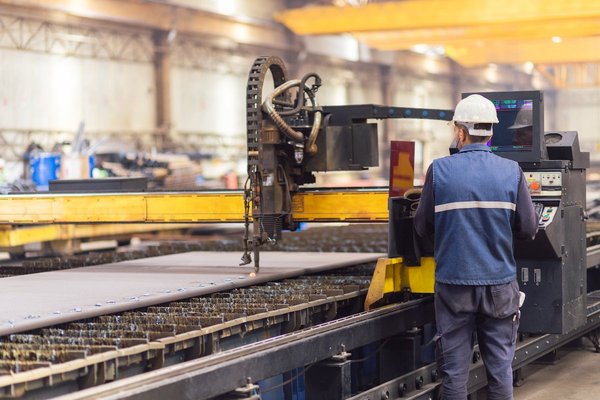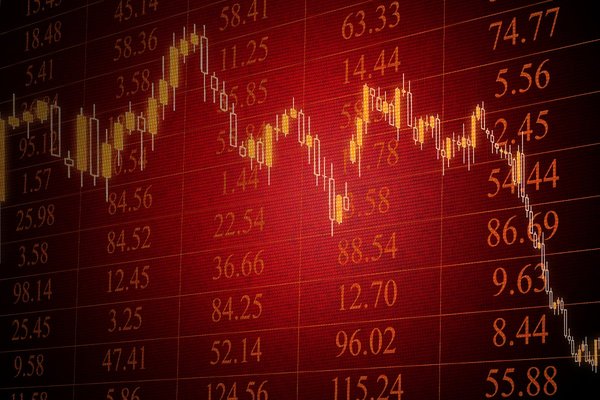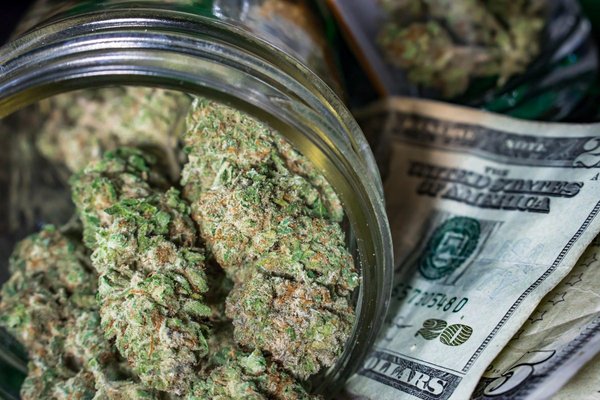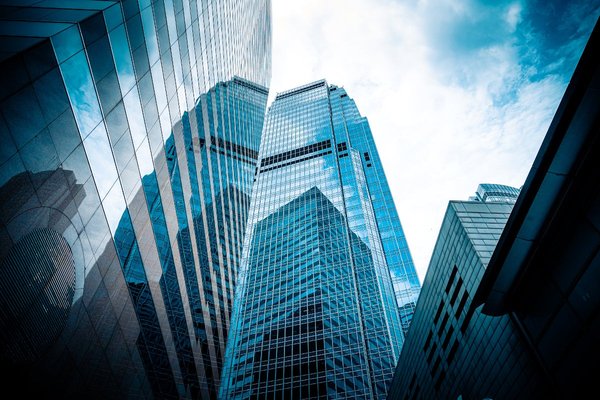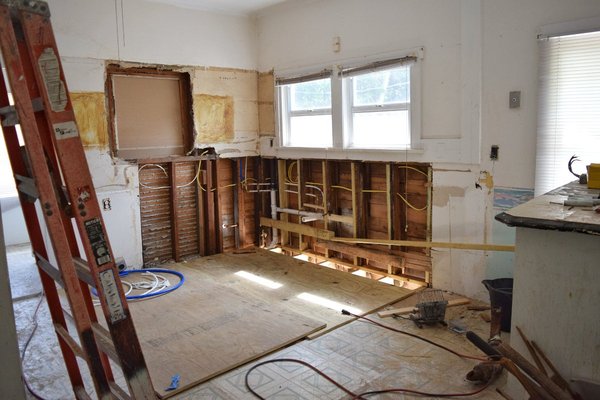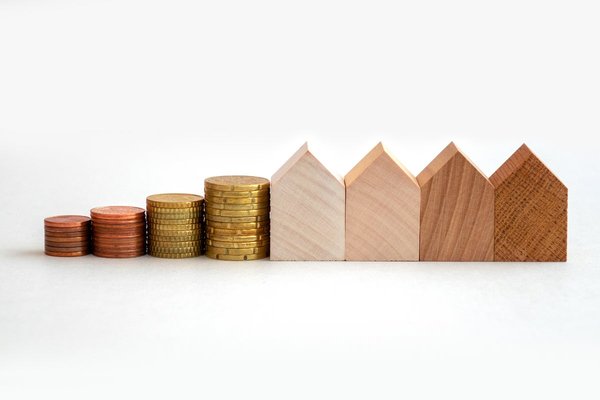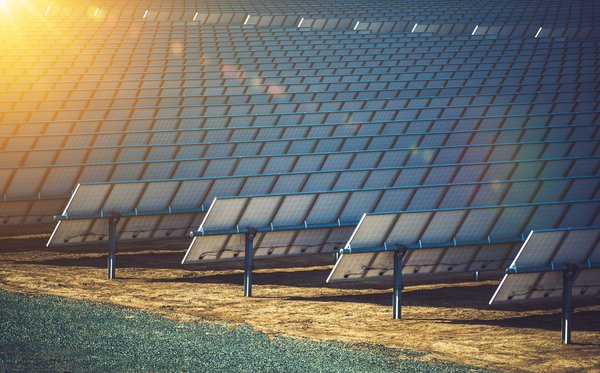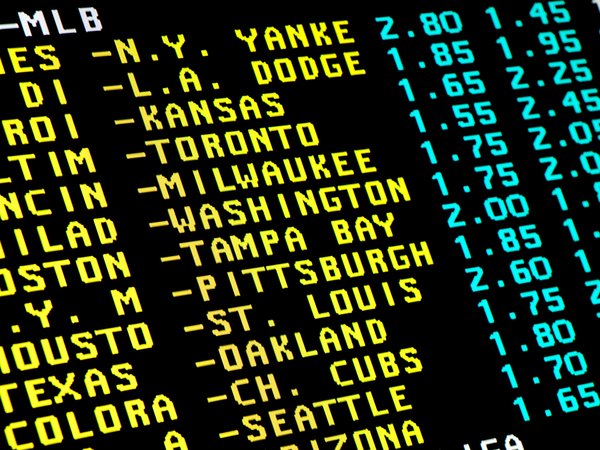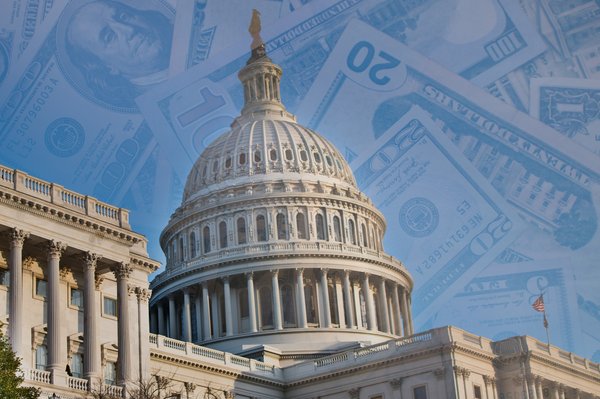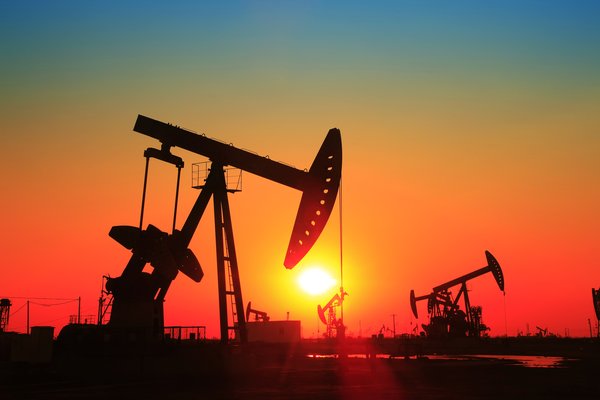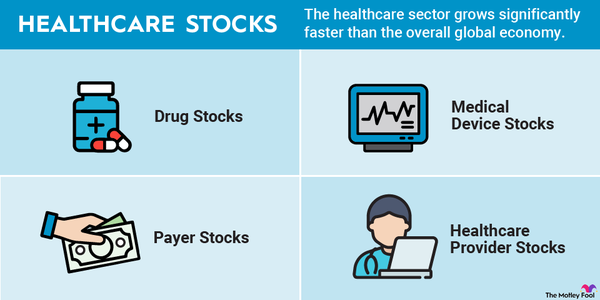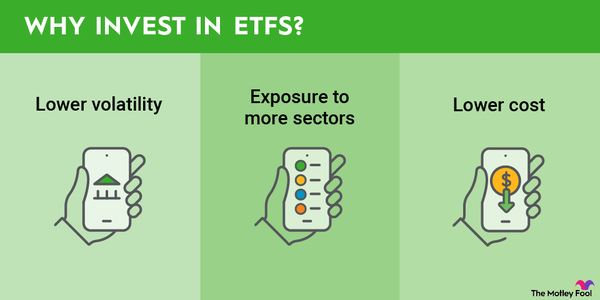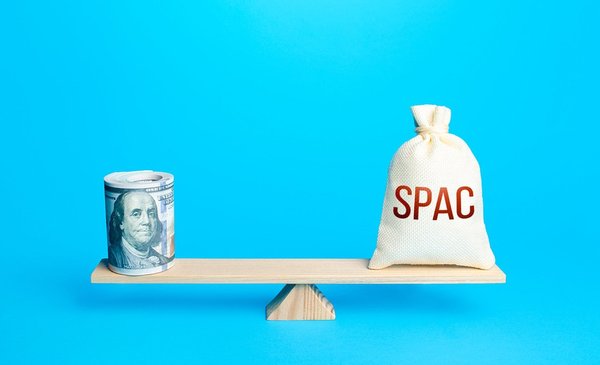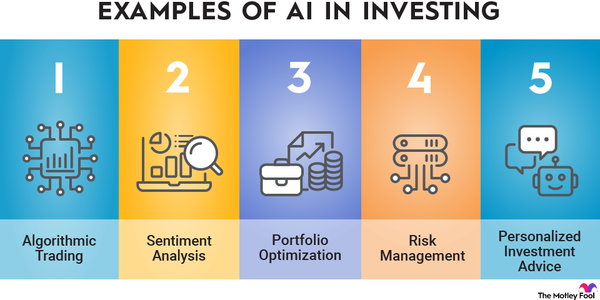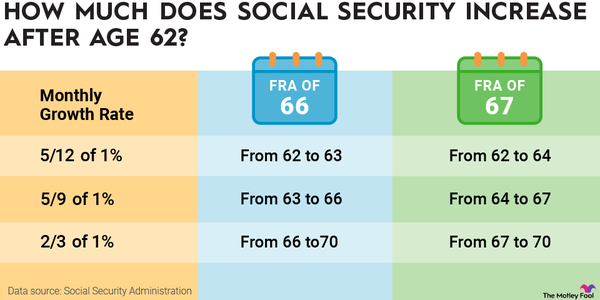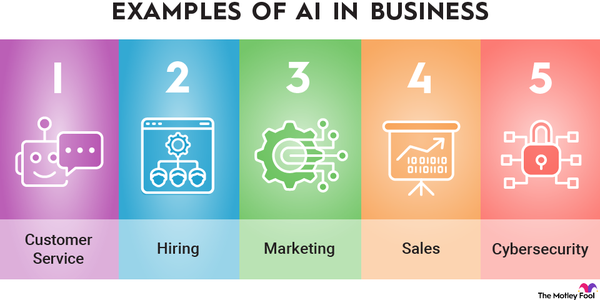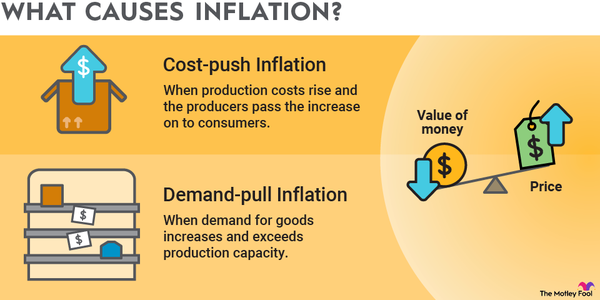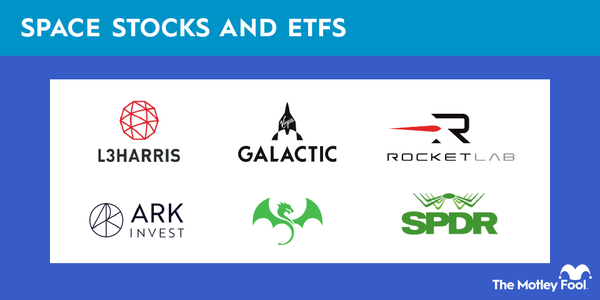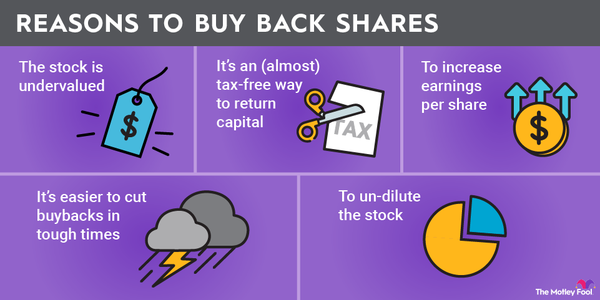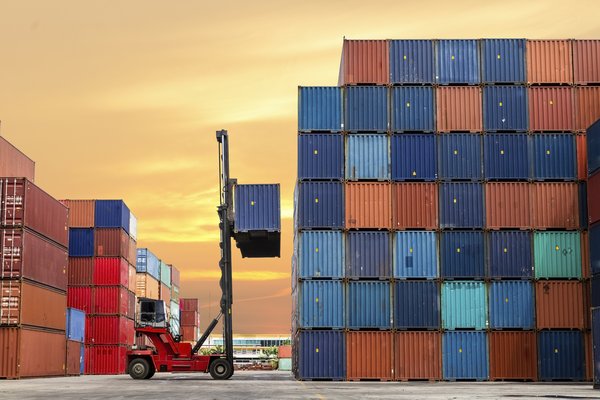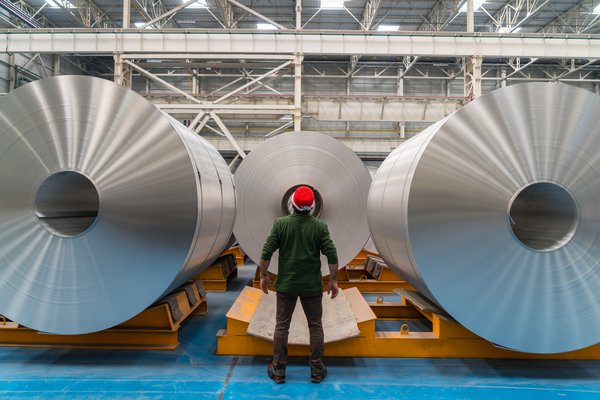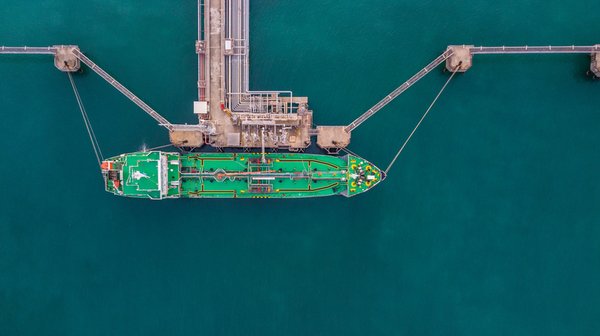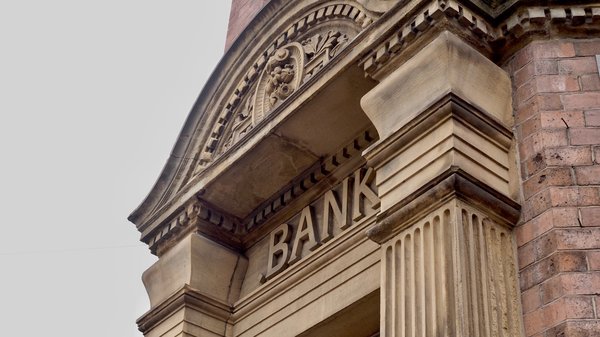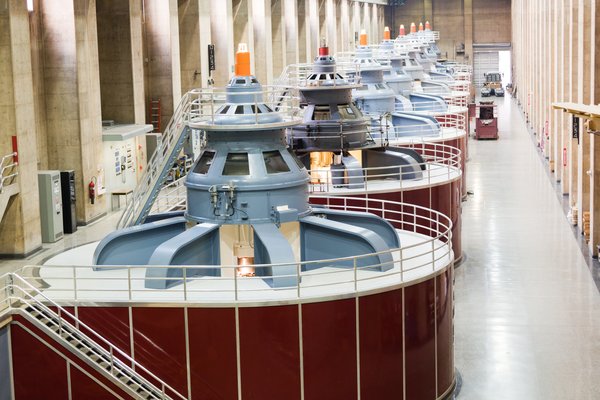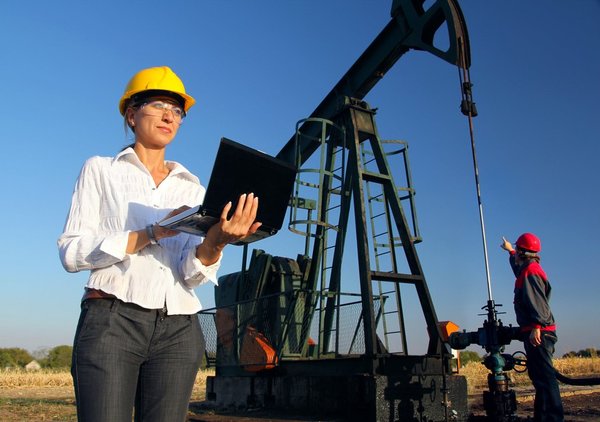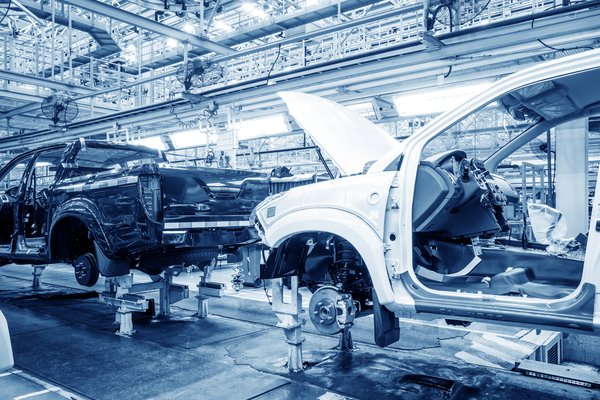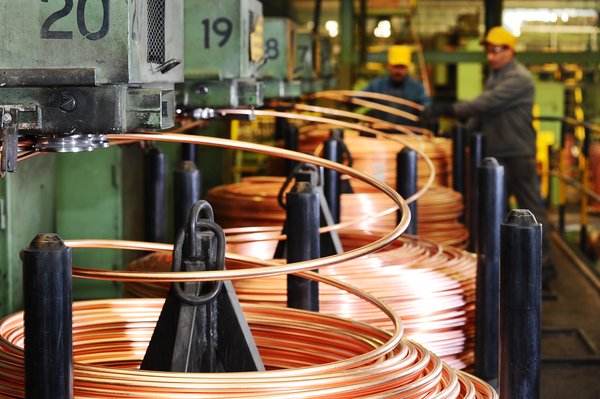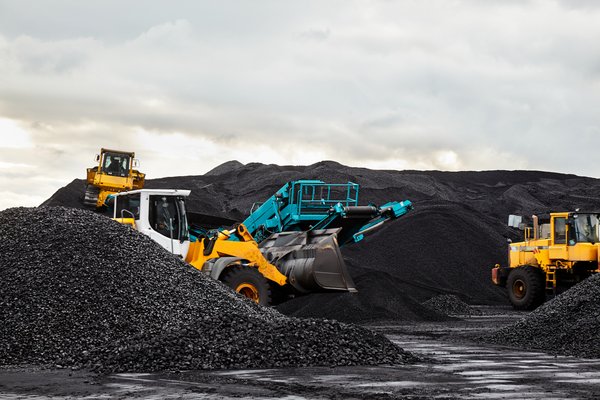Linde (NASDAQ:LIN) is the top materials company by market cap, well ahead of Sherwin-Williams (NYSE:SHW) and Southern Copper (NYSE:SCCO). The largest materials companies are a mix of chemicals companies and suppliers of construction materials.
Largest materials companies
Largest companies by market cap in the materials sector
| Name and ticker | Market cap | Current price | Industry |
|---|---|---|---|
| Linde (NASDAQ:LIN) | $215 billion | $457.74 | Chemicals |
| Sherwin-Williams (NYSE:SHW) | $91 billion | $363.32 | Chemicals |
| Southern Copper (NYSE:SCCO) | $73 billion | $90.77 | Metals and Mining |
| Ecolab (NYSE:ECL) | $73 billion | $258.98 | Chemicals |
| Crh Plc (NYSE:CRH) | $67 billion | $98.98 | Construction Materials |
| Holcim Ag (OTC:HCMLY) | $65 billion | $23.69 | Construction Materials |
| Air Products And Chemicals (NYSE:APD) | $62 billion | $278.78 | Chemicals |
| Newmont (NYSE:NEM) | $56 billion | $50.08 | Metals and Mining |
| Compagnie De Saint-Gobain (OTC:CODY.Y) | $56 billion | $22.74 | Building Products |
| Freeport-McMoRan (NYSE:FCX) | $55 billion | $38.02 | Metals and Mining |
Editor's note: Rankings are as of May 5, 2025.
1-3
1. Linde
- Market cap: $215.15 billion (as of May 5)
- Revenue (TTM): $33.0 billion
- Gross profit (TTM): $14.0 billion
- Five-year annualized return: 22.03%
- Year founded: 1879
Linde is a chemicals company founded by German scientist Carl von Linde. It operates in more than 80 countries, and its two main business segments are gases and engineerings. Linde manufactures industrial and medical gases and builds large-scale chemical plants.
This company is investing heavily in clean energy projects. In 2023, Linde announced plans to invest as much as $50 billion in clean energy projects over the next decade.
2. Sherwin-Williams
- Market cap: $90.13 billion (as of May 5)
- Revenue (TTM): $23.0 billion
- Gross profit (TTM): $11.2 billion
- Five-year annualized return: 16.43%
- Year founded: 1866
Sherwin-Williams is a familiar name for anyone who has gone shopping for paint. In 2024, it was the world's leading paint company by revenue. Its products are sold through more than 5,000 company-operated stores, and it has a market presence in more than 120 countries.
Sherwin-Williams has had its share of controversies. It was one of three paint companies that agreed to pay $305 million in fines from lead paint hazards, and it has also been fined for violating hazardous waste regulations.
3. Southern Copper
- Market cap: $72.48 billion (as of May 5)
- Revenue (TTM): $12.0 billion
- Gross profit (TTM): $6.0 billion
- Five-year annualized return: 29.81%
- Year founded: 1952 (Southern Peru Copper Corporation), 2005 (merger with Minera Mexico)
Southern Copper is a mining company that produces copper and other metal byproducts. It ranks first for copper production in Mexico and Peru, third in the U.S. and fourth worldwide. It also has the largest copper reserves in the world.
In 2024, the company resumed development on its Tia Maria mine in Peru, although there has been considerable opposition to the project due to environmental concerns.
4-6
4. Ecolab
- Market cap: $72.43 billion (as of May 5)
- Revenue (TTM): $15.7 billion
- Gross profit (TTM): $6.9 billion
- Five-year annualized return: 7.23%
- Year founded: 1923
Ecolab is a food safety and water hygiene company with customers in more than 40 industries and a market presence in over 170 countries. Its products are used in animal health, food and beverage processing, healthcare, life sciences, textile care, and many other fields.
5. Cement Roadstone Holdings
- Market cap: $66.77 billion (as of May 5)
- Revenue (TTM): $39.0 billion*
- Gross profit (TTM): $13.6 billion*
- Five-year annualized return: 32.64%
- Year founded: 1936 (Cement Limited), 1949 (Roadstone Limited), 1970 (merger of Cement Limited and Roadstone Limited)
*Converted from Euros.
Cement Roadstone Holdings, or CRH for short, is a building materials company based in Ireland. It began operations in 1970 after the merger of two of Ireland's largest public companies, Cement Limited and Roadstone Limited.
CRH grew its presence in Europe and the U.S. in the 1990s, and it now operates in 28 countries. It provides crushed stone, sand, gravel, cement, concrete, and other building materials and products.
After the retirement of CEO Albert Manifold at the end of 2024, Jim Mintern took over in 2025. Mintern previously served as the company's chief financial officer.
6. Holcim
- Market cap: $62.65 billion (as of May 5)
- Revenue (TTM): $40.8 billion*
- Gross profit (TTM): $17.8 billion*
- Five-year annualized return: 27.69%
- Year founded: 1833 (Lafarge), 1912 (Holcim), 2015 (merger of Holcim and Lafarge)
*Converted from Swiss francs.
Holcim is a global leader in cement production and building materials. It has four business segments: Cement, construction aggregates, ready-mix concrete, and solutions and products. Holcim is headquartered in Switzerland and has a business presence in 70 countries.
In 2024, Holcim announced plans to spin off its North American business. The new independent company is called Amrize.
7-10
7. Air Products and Chemicals
- Market cap: $61.76 billion (as of May 5)
- Revenue (TTM): $12.0 billion
- Gross profit (TTM): $3.8 billion
- Five-year annualized return: 7.06%
- Year founded: 1940
Air Products and Chemicals is an industrial gas supplier. Leonard Parker Pool founded the company in 1940 with the idea of producing and selling industrial gases on site. During World War II, Air Products manufactured mobile oxygen generators for high-altitude flights.
This gas company now has over 750 production facilities across more than 50 countries. It provides essential industrial gases, technologies, and applications expertise, and it's the leading global supplier of hydrogen.
8. Newmont
- Market cap: $57.35 billion (as of May 5)
- Revenue (TTM): $19.6 billion
- Gross profit (TTM): $7.7 billion
- Five-year annualized return: -0.14%
- Year founded: 1921
Newmont is the world's leading gold mining company. It also produces copper, silver, zinc, and lead. For its 2024 fiscal year, Newmont reported attributable gold production of 6.85 million ounces.
Newmont has made multiple major acquisitions in recent years. It acquired Goldcorp for $10 billion in 2019 and Newcrest Mining for $16.8 billion in 2023.
9. Compagnie de Saint-Gobain
- Market cap: $56.05 billion (as of May 5)
- Revenue (TTM): $109.7 billion*
- Gross profit (TTM): $28.9 billion*
- Five-year annualized return: 37.86%
- Year founded: 1665
*Converted from Euros.
Many of the largest materials companies trace their roots back over a century, but none go back as far as Compagnie de Saint-Gobain. This French company has been around since 1665 when it was a mirror manufacturer for the upper class.
Saint-Gobain still produces mirrors and other types of glass and windows. It operates in 80 countries and has more than 70 brands with products to serve the construction and industrials markets.
10. Freeport-McMoRan
- Market cap: $54.00 billion (as of May 5)
- Revenue (TTM): $24.9 billion
- Gross profit (TTM): $7.2 billion
- Five-year annualized return: 36.32%
- Year founded: 1912
Freeport-McMoRan, also known as FCX, is a mining company that focuses on copper, but also produces gold and molybdenum. It has mines in North America, South America, and Indonesia.
This company has received criticism for alleged safety issues, human rights abuses, and the amount of waste its mines produce. Its Grasberg Mine in Indonesia, while one of the richest mining operations in the world, has also caused environmental damage and floods in the area.
Related investing topics
Takeaways for investors
Materials sector takeaways for investors
In many market sectors, the top companies are primarily U.S.-based. This isn't the case with the largest materials companies. Half of the top 10 are international businesses, so many of them will likely be unfamiliar to the typical investor. Investing in international companies can be challenging since it requires learning not just about the company but the business climate in that part of the world.
Whether you venture into international stocks or stick to U.S. companies, the materials sector presents plenty of quality investment opportunities. The best materials companies have excellent financials with consistent profits and reasonable debt. They perform best when the economy is growing, but even during downturns, well-positioned materials companies can continue to make money.








